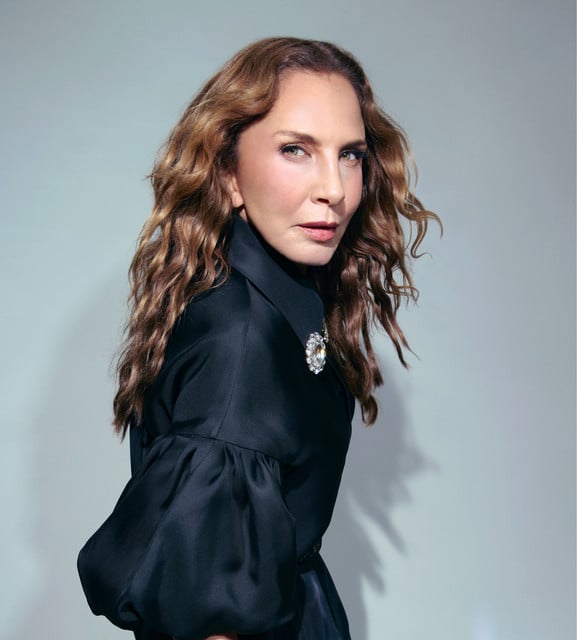turkish jazzturkish popturkish singer-songwriter
Sertab Erener - "Everyway That I Can"

Sertab Erener
Nationality:
No data
Music Genre:
turkish jazz, turkish pop, turkish singer-songwriter
No abstract found for this artist.
Sertab Erener - Music Video & Performance
No video available for this song!









